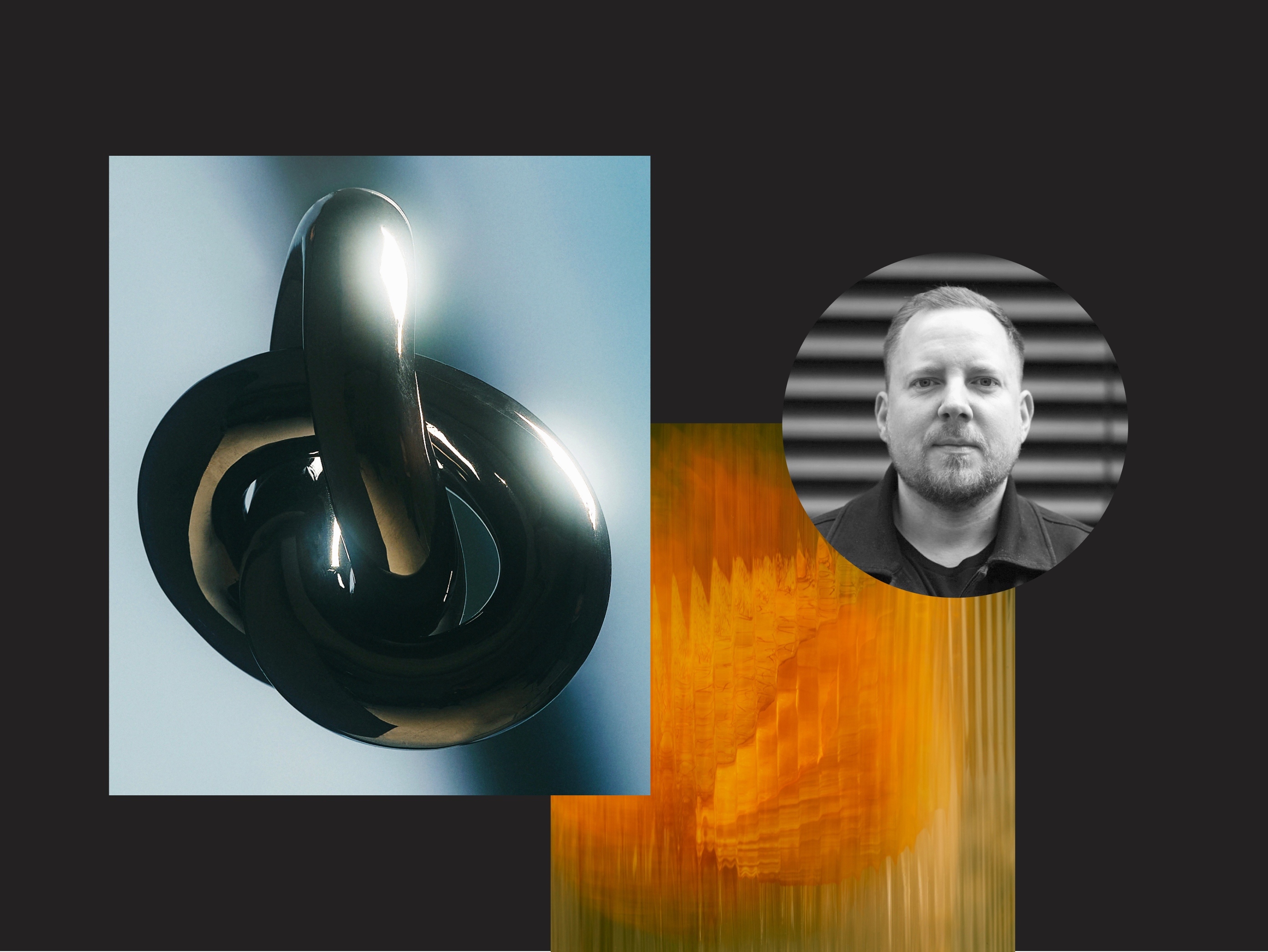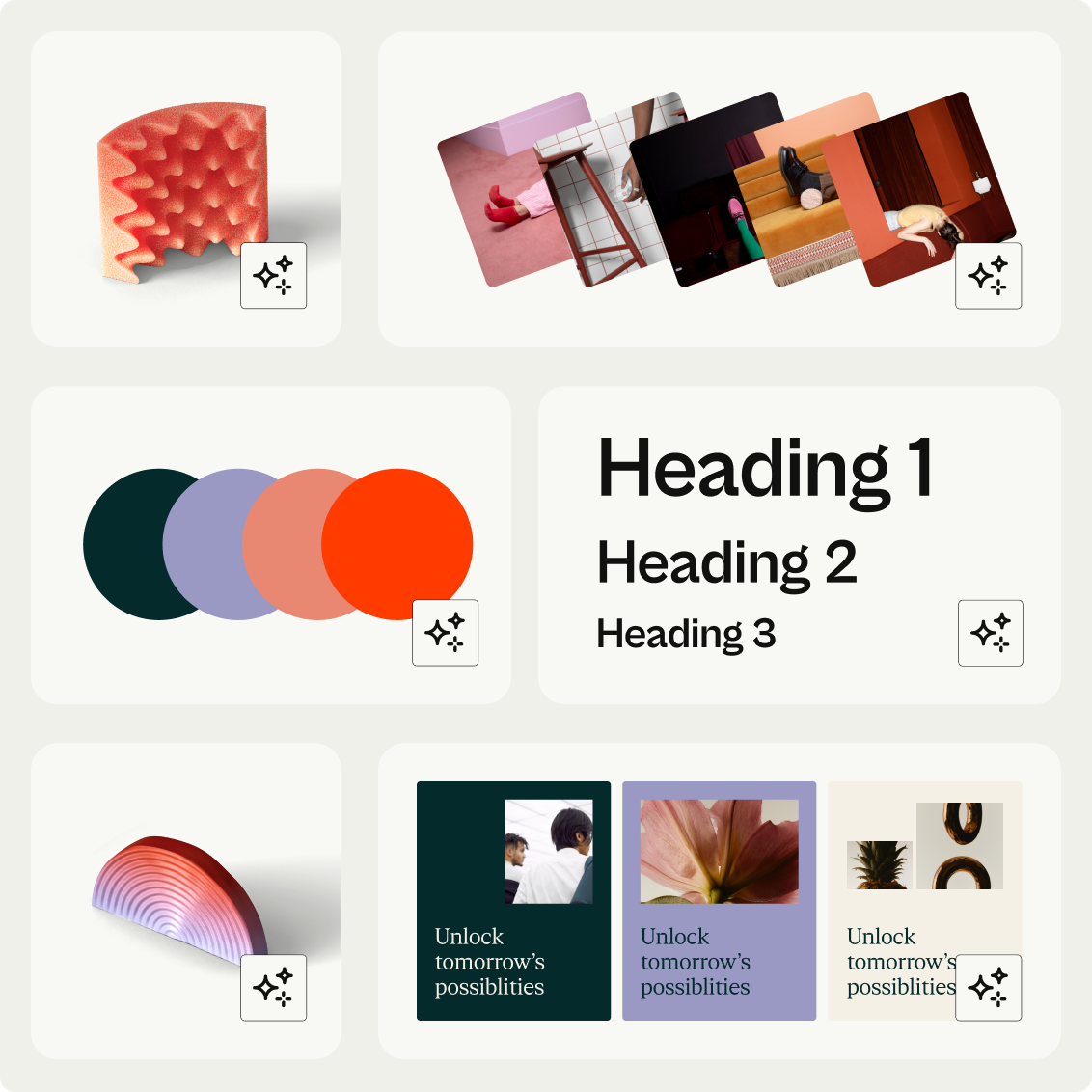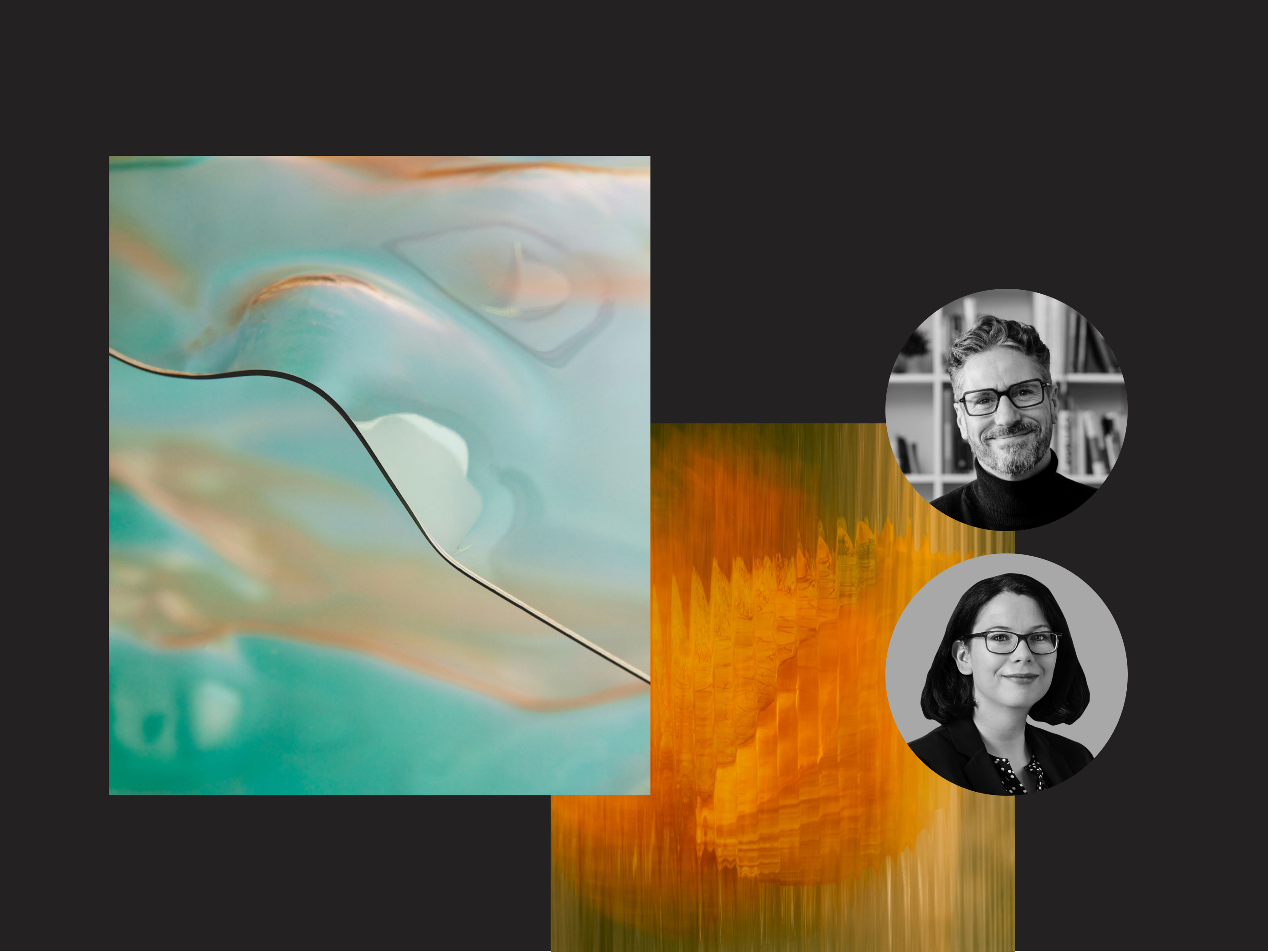Paul Woodvine is the Executive Creative Director at Dragon Rouge. His experience includes huge brand names such as UEFA Champions League, Pepsi and Guinness. Specialising in immersive brand worlds from packaging to experiential. This focus shines through in his answers here, as he discusses when and where is best to utilize generative AI in your project’s life cycle.

Toby: What do you find exciting about generative AI?
Paul: We are in the midst of an AI revolution that is transforming almost every industry, including the creative sector. This change is affecting the roles of everyone involved in the creative process, from ideation to presentation, and it's an exciting time to be a part of it.
For a long time, there has been a debate on whether being a generalist or a specialist is the better career path. Historically, the balance has favored specialists. However, I view myself as a generalist. My work spans creative strategy, packaging, branding, OOH, digital, and activation, with a good balance of skills across each area. I'm driven by my curiosity for the entire creative process.
By leveraging AI in the creative process, we can now focus less on technical specifics during the concept phase. This allows generalists to utilize tools to bring ideas to life at an earlier stage in the project and spend more time on creative ideas and less on execution.
However, the fundamental values of the creative industry, such as creativity, curation, curiosity, and experimentation, are gaining more significance than ever. With the advancements in technology, it's now easier for anyone to become a creator, which has resulted in an inundation of content from untrained individuals who fail to adhere to these creative values.
Toby: Nobody wants their role to be completely done by AI, but where do you think generative AI could help creatives in your agency to get the most out of their creativity?
Paul: We should not be aiming to remove the need for specialists or experts at any phase of the creative process. However, I encourage using AI as a tool to enhance and add value to the creative process. For example - I have been using AI to enhance the brainstorming process, generate ideas, mood boards, and storyboards, and create early-stage prototypes. It's an efficient way to develop concepts quickly at the beginning stage of any project. Using AI reduces the time and costs invested in ideas. Once a concept has been approved, it's time to involve the tech/craft experts to develop the final output with a personal touch.
Toby: Do you think generative AI needs regulation - and how does that idea connect with creativity?
Paul: Absolutely. I currently only see AI as a concepting tool. I disagree with using its output as a final deliverable. As mentioned above, it’s a great tool to demonstrate ideas as concepts; then it’s about finding the right designers, artists, typographers, animators, etc, to execute the final deliverables.
Toby: Although generative AI makes it easier and more accessible to be creative, do you think there’s a diluting effect on that creativity because of how accessible it is?
Paul: I strongly believe that AI should not replace experts. Good creatives always need good creative direction to guide art and design toward a solution to a problem. The work needs to be iterative and requires human interaction. It's about presenting, discussing, and refining ideas.
Without this human interaction, we'll only witness work generated at the push of a button guided by prompts instead of conversation.
You must have the experience to know what looks good before you attempt to promote it. The art of curation will be essential when dealing with an influx of generative AI content.
Toby: So, is it easier or harder to be creative now compared with 5 years ago, with generative AI creating a sort of simulated creativity so easily?
Paul: A creative person is someone who can look at things differently, use their creativity to expand their perspective, broaden their minds, and generate a range of possibilities to solve problems. This involves self-awareness, imagination, and consciousness, which generative AI does not possess. Therefore, being creative does not become any easier with the help of AI. However, AI can certainly assist in generating solutions.


